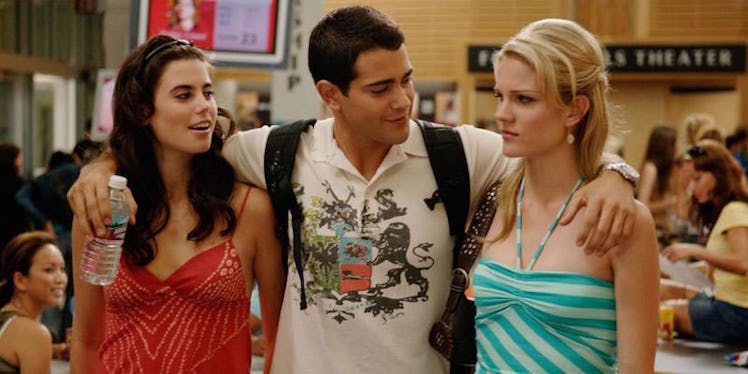
This Is How Your Relationship Status Affects Who You Find Attractive
No, this isn't going to be some mushy study about how you find your significant other so incredibly dreamy that everyone else on the planet is an ugly monster in comparison. But a new study has found that your relationship status actually does have an effect on the types of people you find attractive.
Apparently who you find attractive as a single person is different from who you find attractive as a person in a relationship. The study, recently published by Frontiers in Psychology, found that people in relationships are more likely to be attracted to people who look like them. While for single people, the opposite seems to be true.
Dr. Jitka Lindová of Charles University in the Czech Republic and her team found this out by showing a group of university students, some in relationships and some single, a series of photographs of people of the opposite sex and having them rate their attractiveness. The photos were manipulated to either look similar or dissimilar to the students in question.
The study found that single students rated the images of people who looked nothing like them as sexy and attractive, while people in relationships were more interested in the images of people who were manipulated to look just like them.
Lindová believes this could actually be a biological relationship maintenance strategy. How so? Well, partners who look less like us are actually more genetically suitable. Lindová interprets these findings to mean that, perhaps, our brains suppress the attractiveness perception mechanisms that help us find genetically suitable partners when we are in romantic relationships.
This study is actually a pretty big deal as it is one of the first one to observe how people's relationship statuses affect who they find attractive. More research in this field could have huge biological and sociological implications.
Citations: Opposites attract -- unless you're in a relationship (Science Daily)